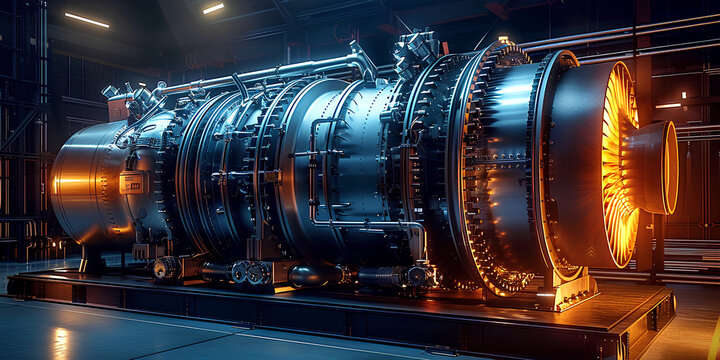

By the end of this training course, participants should be able to:
This course is suitable for:
Electrical Engineers, Power Generation Engineers, Power System Protection Engineers, Gas turbine newcomers and more experienced persons who desire an overview of the many available gas turbine technologies, Process Control Engineers & Personnel, Electrical and Instrumentation Technicians &, Maintenance Technicians & Supervisors, Plant Operators & Technicians, Oil & Gas Industry Personnel
Module One:
Introduction
Types of Gas Turbine and Gas Turbine Applications
Module Two:
Compressor Components
Combustion Components
Module Three:
Design of a Gas Turbine
Module Four:
Gas Turbine Systems
Module Five:
Performance and Operation of a Gas Turbines
Types of Control System
CDGA attendance certificate will be issued to all attendees completing minimum of 80% of the total course duration.
| Code | Date | Venue | Fees | Register |
|---|---|---|---|---|
| EE229-02 | 05-04-2026 | Muscat | USD 5450 | |
| EE229-03 | 05-07-2026 | Doha | USD 5450 | |
| EE229-04 | 05-10-2026 | Johannesburg | USD 6950 |
Providing services with a high quality that are satisfying the requirements
Appling the specifications and legalizations to ensure the quality of service.
Best utilization of resources for continually improving the business activities.
CDGA keen to selects highly technical instructors based on professional field experience
Since CDGA was established, it considered a training partner for world class oil & gas institution
3012, Block 3, 30 Euro Business Park, Little Island, Co. Cork, T45 V220, Ireland
Mon to Fri 09:00 AM to 06:00 PM
Contact Us anytime!
Request Info